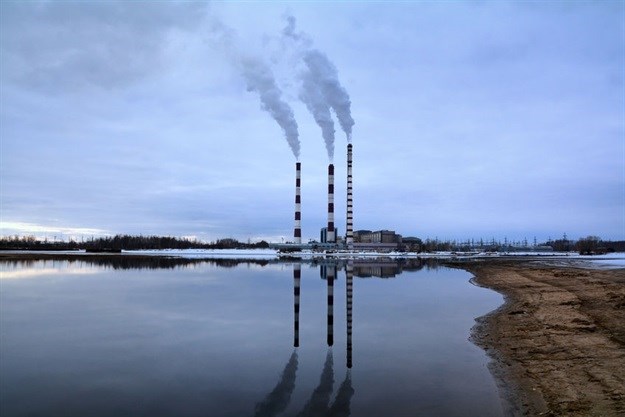
Subscribe & Follow
#AfricaMonth
In the news
Carbon tax: priority air pollutants declared

The first notice refers to various emission sources and certain activities undertaken by GHG emitters. The second contains a list of production processes in which GHGs are produced. The activities subject to carbon tax are therefore uncertain at this stage, although the Department has advised that the production processes referred to in the January 2016 notice will apply.
Who does it affect and what are the obligations?
Carbon tax will be imposed only in respect of activities, which produce ‘scope 1’ or ‘direct’ emissions, which include emissions from stationary combustion of fossil fuels, mobile combustion of fossil fuels, and process and fugitive emissions.
Carbon tax will be levied on the amount of the input of the fossil fuel multiplied by specific emission factors, which are set out in Schedule 1 to the Bill, at a rate of R120/CO2e for that specific GHG. The Bill imposes various reporting and accounting obligations that are integrated with various other regulations in the air quality legal regime, which may impose further obligations on taxpayers. A thorough understanding of the air quality legal regime and accounting practices will be needed in order to effectively manage one’s carbon tax liability.
Deadlines for compliance
Carbon tax will be payable in accordance with tax periods, the first of which is proposed to run from 1 January 2017 until 31 December 2017.
The Bill is broadly framed and has the potential to affect all industries, which release emissions that result from fuel combustion activities, industrial processes and fugitive sources. Entities affected by the tax will have to keep accurate records of their emissions, report to the Department of Environmental Affairs on emissions and account to SARS. Entities may start considering carbon offset mechanisms and other allowances in anticipation of the carbon tax.
Mining, electricity generation, fuel production and process industries are likely to be most affected by the proposed carbon tax.

About Helen Dagut
Helen Dagut is a consultant in the Environmental Practice at Cliffe Dekker Hofmeyr.Related
Corporate lobbying derailed South Africa’s climate goals, report finds 14 May 2025 South African court says no to new coal-fired power: What’s behind the ruling 14 Apr 2025 Updated carbon tax framework and its impact on high-emission industries 9 Apr 2025 South Africa grants Eskom coal plants limited emissions exemptions 1 Apr 2025 #Budget2025: Unlocking mining's full potential could reshape South Africa's economy 13 Mar 2025 Air pollution in South Africa: Affordable new devices use AI to monitor hotspots in real time 19 Aug 2024












